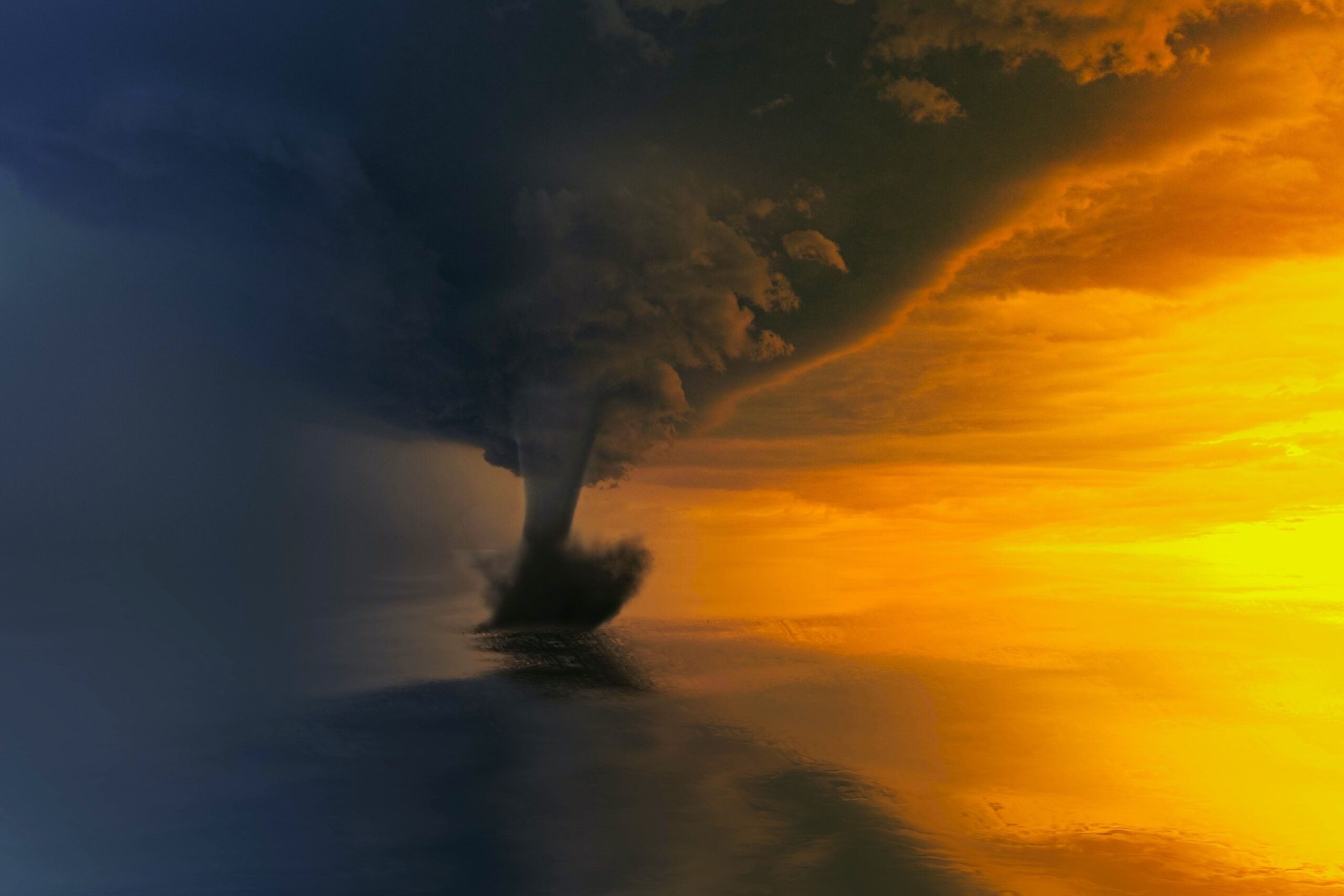In the world of weather forecasting, a silent revolution is underway, powered by AI. This year’s hurricane season served as a test bed, and the results are remarkable.
Weather forecasts now benefit from artificial intelligence to predict the different trajectories taken by hurricanes. Artificial intelligence models developed by technology giants like NVIDIA, Huawei and Google DeepMind, show promising performance, improving the accuracy of forecasts and above all accelerating this process.
A giant leap in hurricane forecasting
The storm and hurricane season therefore serves as a testing ground to help the world of weather forecasting enter a new era. For example, AI models were used to predict the trajectory of Hurricane Lee, classified in category 5, which notably passed north of the Antilles and whose winds blew up to 270 km/h during this month. september.
These tests provided results of remarkable precision for the field. As the hurricane headed toward Nova Scotia, artificial intelligence had already anticipated the trajectory. Traditionally, forecasters rely on atmospheric physics models to predict the movements of hurricanes.
Here, new generations of AI-based models have introduced a new approach. Rather than focusing on physics, models learn and progress from decades of atmospheric data, which can provide faster, more accurate forecasts, even if there is still a long way to go.
Promising speed, but not yet the efficiency or precision hoped for
In 2023, weather forecasting remains complex and challenging as it attempts to predict atmospheric chaos. AI models could perhaps push forecasts beyond the theoretical, maximum limit of two weeks, established by mathematician and meteorologist Edward Lorenz in the 1960s.
In reality, and this is especially true for hurricanes, forecasts still fall well short of theory. And we must not forget that AI models are not lacking in flaws. They tend to minimize outliers and have difficulty predicting precipitation. Researchers are therefore working on how it is possible to improve these aspects by integrating more detailed data. The head of research at DeepMind, Shakir Mohamed, explains that he is working on a localized radar approach, called NowCasting, which would constitute the beginning of rain prediction. But we are only at the beginning stage.
Specialists are certainly delighted with the effectiveness of the models, because they are able to produce various projections more quickly, and help with better anticipation, particularly for hurricanes, in just a few minutes. But in terms of reliability and precision, it is currently difficult for AI models to compete with those based on physics. It will probably take several more years before they can swallow sufficiently reliable data to improve their predictions.
Source : Wired

6